Online puzzles can give us the memory of a 20-year-old
A new study has found that online puzzles can benefit our short-term memory as we get older.

A new study has found that online puzzles can benefit our short-term memory as we get older.

Online Sudoku, quizzes and crosswords can boost your brain and give you the short-term memory of someone in their 20s, new research has found.
Academics from the University of York found playing puzzles on your smartphone or tablet are better for older people than any other type of online game.
But how do they help brain health, and which puzzles should you spend your time playing to get the most benefit?
In the research by the University of York, academics studied 181 people aged from 60 to 81 who enjoyed online games, including crosswords Sudoku and quizzes.
They compared their results with data from 209 people aged from 18-30.
Researchers found that those in the older group who did these online puzzles, did almost as well in short-term memory tests as people aged 18-30 who didn’t do any digital games.
Their research also suggested that older adults who played strategy games did not show the same improvements in memory or concentration – the games that were most beneficial for the younger age group.
Participants across the study took part in more than 300 different games.
The puzzles included: Ballsort, Bejewelled, Clockmaker, Cross Logic, crosswords, online jigsaws, Match 3, Minesweeper, Numberzilla, Puzzledom, Scrabble, Sudoku, Tetris, Word Connect, Wordle and Word Link.
Dr Joe Cutting, from the University of York, was involved in the research.
He said: “Puzzle games for older people had this surprising ability to support mental capabilities to the extent that memory and concentration levels were the same as 20-year-olds who had not played puzzle games.”
Fellow researcher Dr Fiona McNab, told Saga Magazine: "It's too soon to say whether playing digital games can actually improve our working memory and attention."
"However, if it can, this study suggests that playing strategy games might be most beneficial for younger people and playing puzzle games might be most beneficial for older people."
She added that more research is needed into why strategy games weren’t seen to have the same benefit as puzzles.
According to The Alzheimer’s Society, up to 20% of over-65s could be suffering from Mild Cognitive Impairment (MCI).
Symptoms of this include forgetting the names of people and places, being easily distracted, misplacing items and forgetting the right words.
Neuroscientist Dr Rachel Taylor told us that the new research was based on quite a small study, but the results are encouraging.
She agreed that the best thing we can do to help ourselves as we get older is to keep our brains active.
“We can create new pathways until the day we die... so it makes really good brain health sense to exercise our brain like we do our body."
“The more we do of anything, the more the brain does it – which includes when we stagnate. That then becomes familiar, so the brain just wants to keep on doing the same,” she said.

Many of you are already reaping the benefits of online puzzles.
Puzzle expert Keith Stuart says: “I’ve always been a great believer in the value of puzzles like Sudoku and crosswords. They’re great for exercising your memory and logic skills and crucially they get you to think about literacy and numeracy in fresh ways."
And, he says, it’s easy to get started.
You can play online at Saga Magazine's free dedicated Puzzles section.
Most of the major newspapers have similar sections on their websites, including the New York Times, the Guardian and the Telegraph (although some of these require a subscription).
Phillipa Cherryson is senior digital editor for Saga Magazine. Phillipa has been a journalist for 30 years, writing for national newspapers, magazines and reporting onscreen for ITV. In her spare time she loves the outdoors and is an Ordnance Survey Champion and trainee mountain leader.
View author page
Are you retiring at the wrong age? The best age to retire for your body, brain, happiness and pocket.
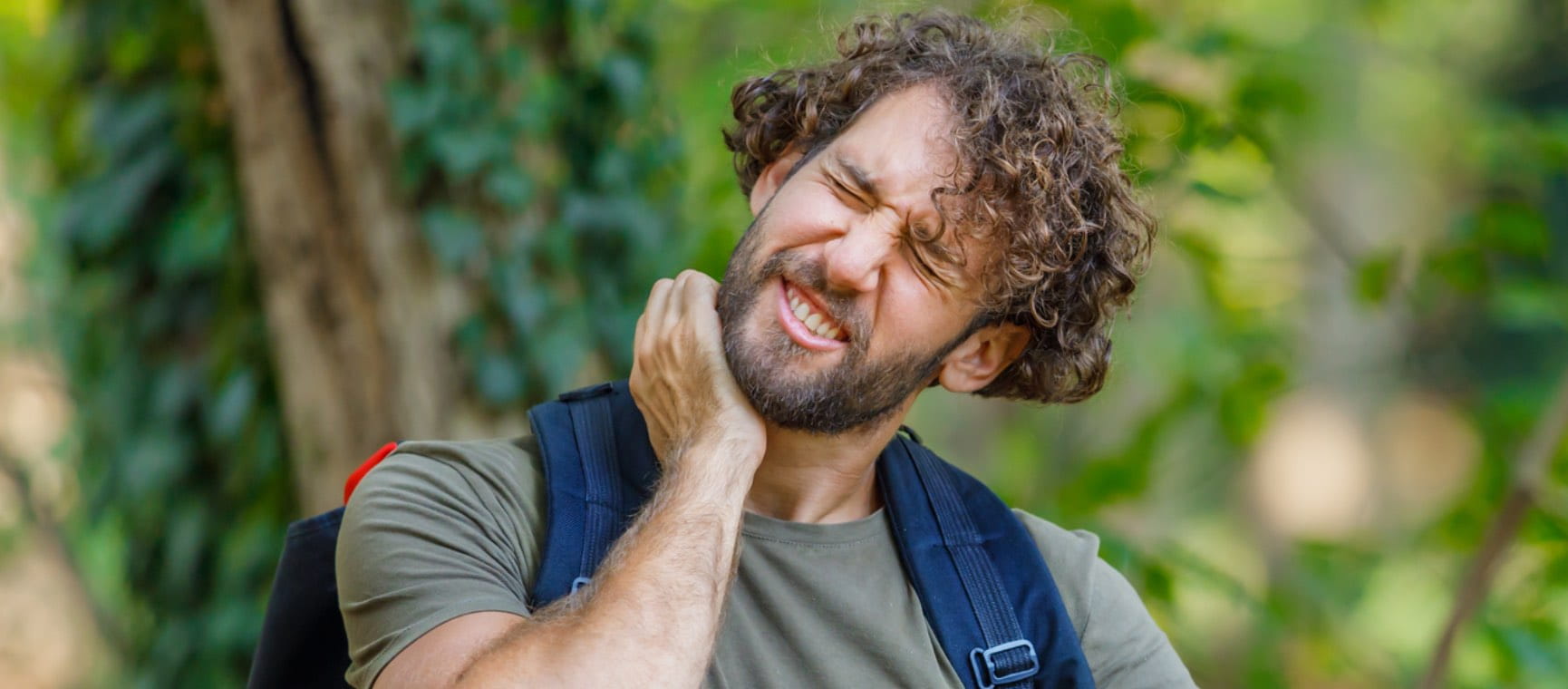

Everything you need to know about the lung infection, and how you could be ill with “walking” pneumonia without realising it.
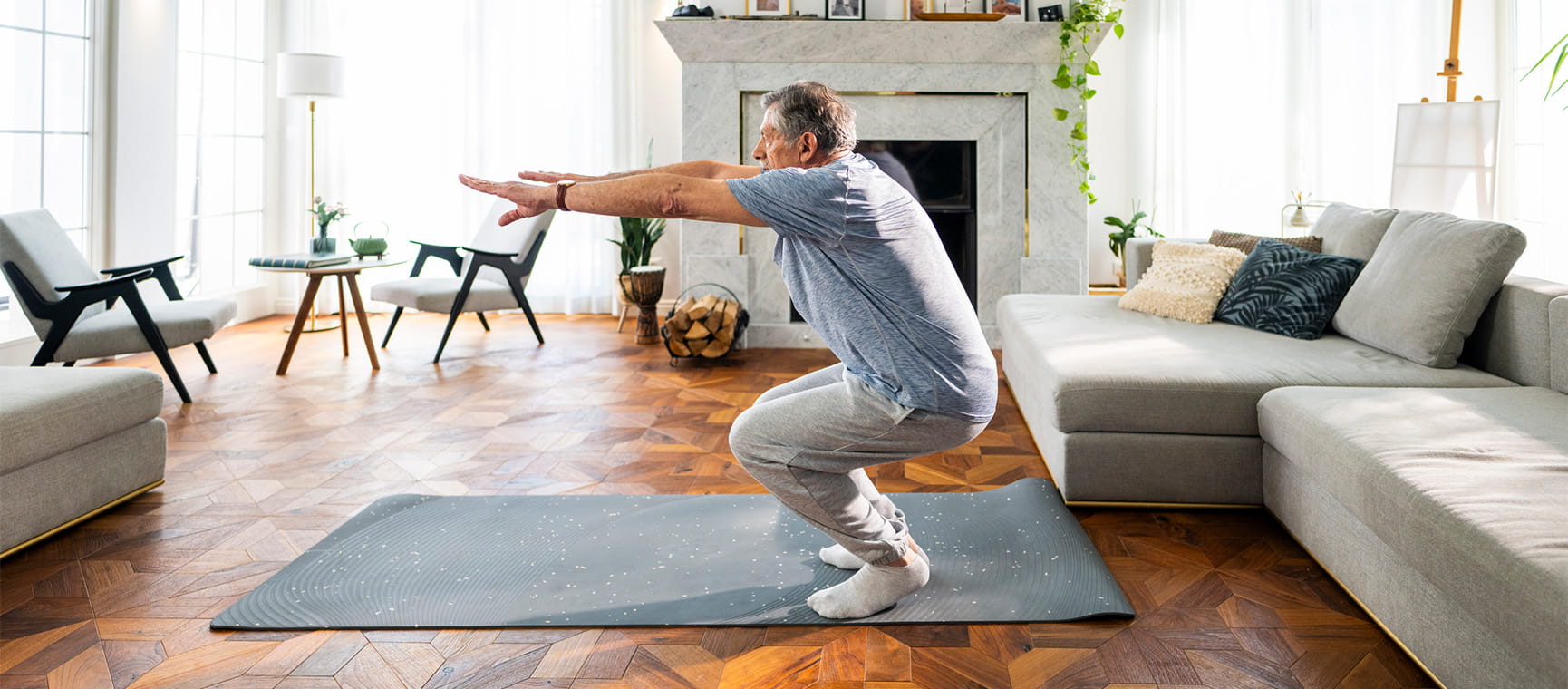
Strong calves for a strong mind: how they support our circulation and brain health, with easy moves to strengthen yours at home.


Our GP Dr Mark Porter explains what can cause itchy skin, which is a common problem as we get older.
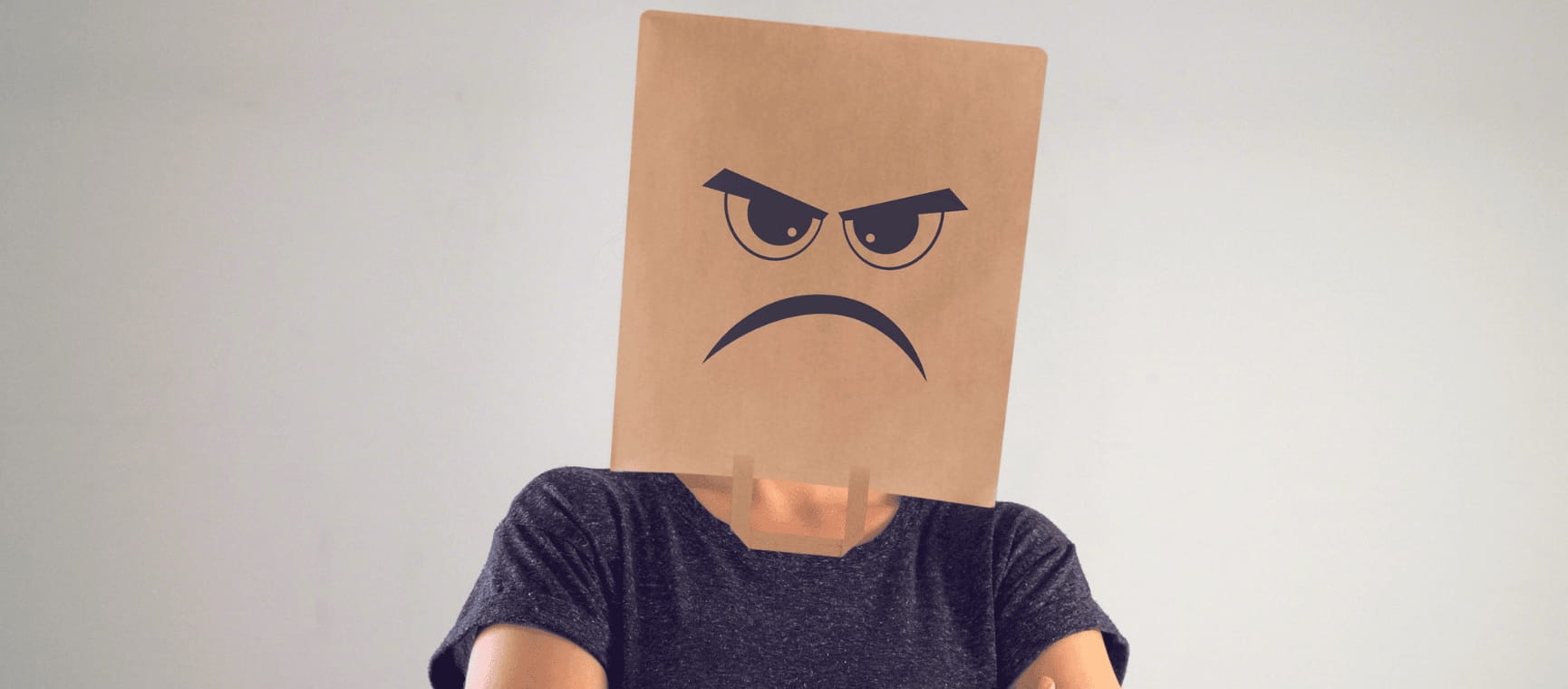
Worried you’ve morphed into Victor Meldrew? Find out how to battle that bad mood, and what to do if you’re stuck with a grouchy loved one.

The benefits of heat and cold therapy, and how Nordic bathing won over our nervous writer.

Here’s how to spot the symptoms of heat disease and reduce your danger.
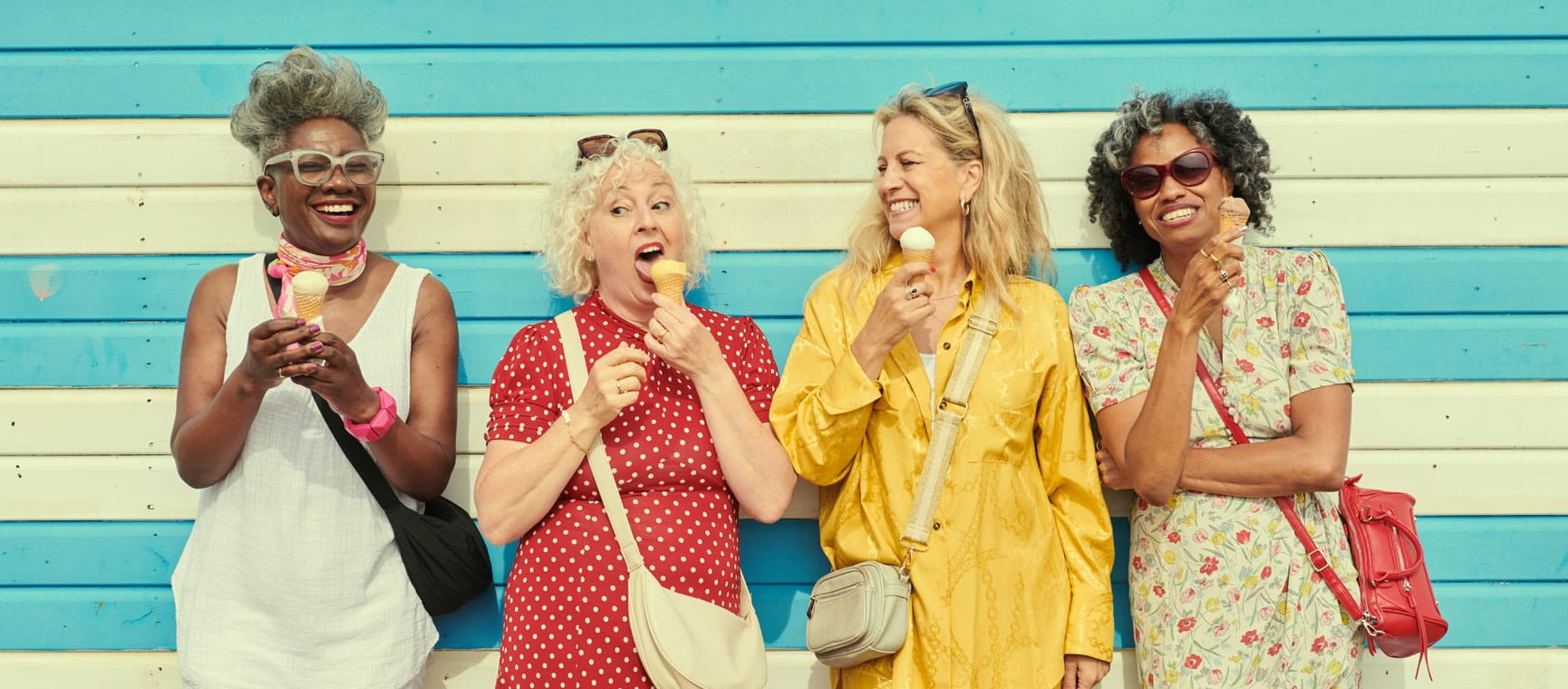
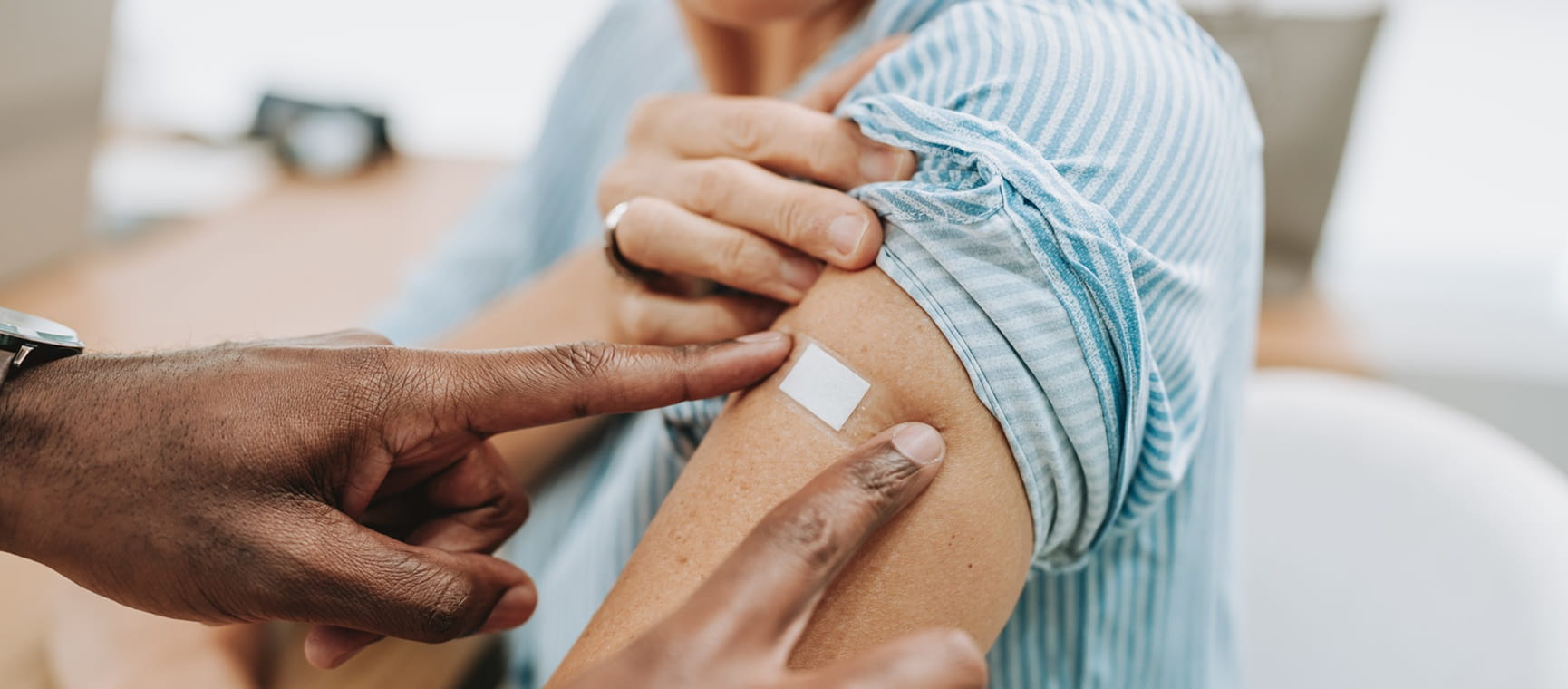
The NHS winter vaccination campaign kicks off next week. Here’s the lowdown on what you need to book.

Pilates for back pain – what to do if you are suffering, and five gentle exercises that could help.
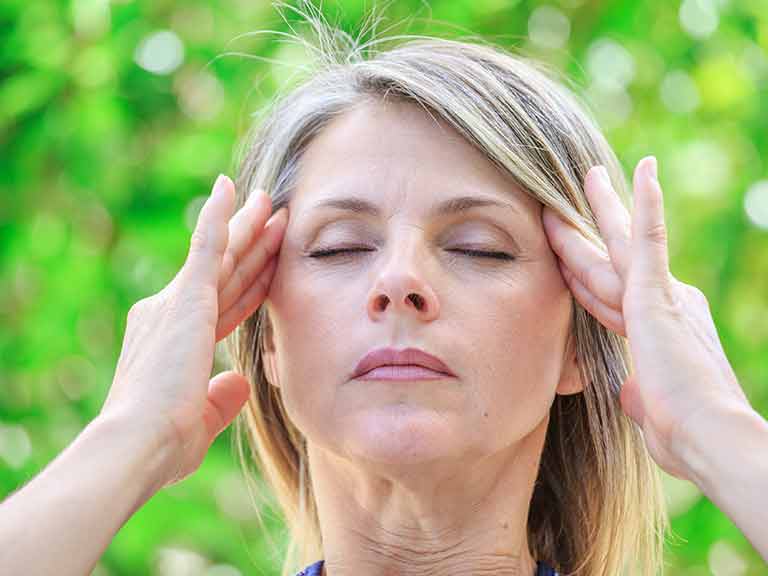
Dizziness or vertigo: a sensation of spinning, can stop us doing everyday things for fear of falling. Try these tips to stop feeling dizzy


You don’t have to put up with bladder leaks. We try out the latest pelvic floor gadgets for men and women.
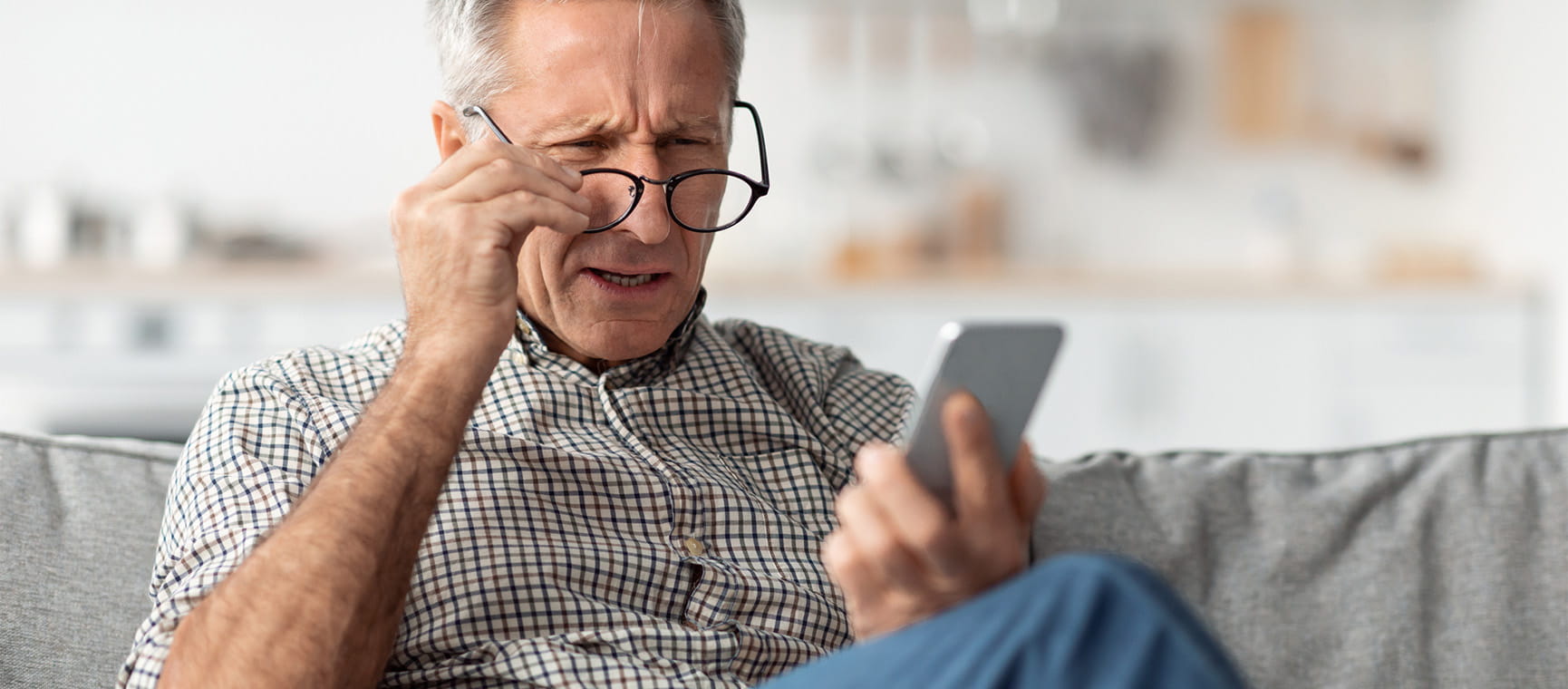
Cataracts are a normal part of ageing. Learn how to spot the signs – and when it’s time to consider surgery.